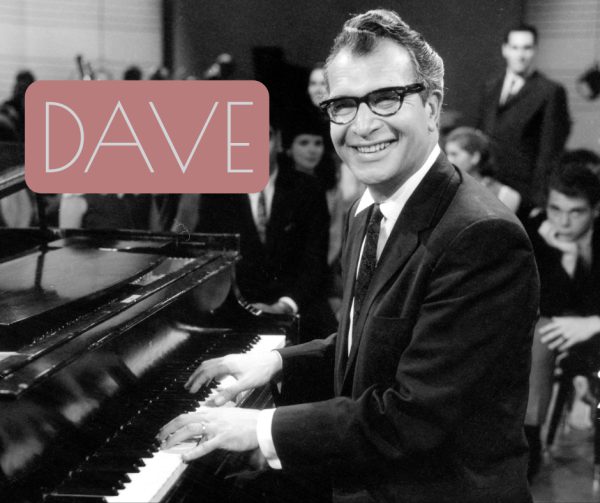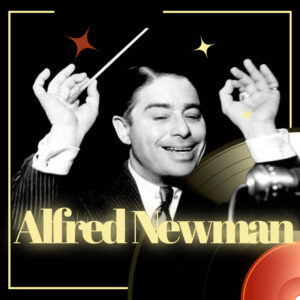
Time Out was the first platinum album in jazz, and the single from it, Take Five, by alto saxophonist Paul Desmond, remains the embodiment of cool modern jazz.
In the summer of 1959, none of the members of the Dave Brubeck Quartet suspected that they had just recorded one of the most famous jazz records in the future. “Try to experiment with new rhythms” – that was the goal they were trying to achieve during that session. Experiments are rarely approved by listeners, critics, and record companies. Time Out did the opposite.
Explaining the huge commercial success of the album, Brubeck suggested that it consisted of a clearly calculated combination of “clingy” melodies, new rhythms, and the special musical atmosphere of the time.
The quartet’s drummer, Joe Morello, was crazily tired of the usual 4/4 rhythm, so he decided to switch to 5/4 for fun. Brubeck asked his alto saxophonist, Paul Desmond, to write a melody on this rhythm of Morello. Dave recalled that Morello and Desmond went somewhere behind the stage, and when they did, Paul had only fragments of what they were, but not a complete composition. Brubeck combined two of them, placing Desmond’s copyright on the play.
How astonishing this theme was for Desmond’s weighted, slightly cold way of playing improvised melodist! It is notable that in subsequent recordings the quartet will perform it at a much faster pace. On Time Out, it is played with uncontrollable and later unattainable “brand” cool, for which the slow pace of the ensemble prepared the ground. And Desmond’s saxophone did the rest.
In 1942, while studying at Pacific College, Brubeck was recorded playing a solo “I’ve Found a New Baby” and serves as a reminder of how far Brubeck-as-solo pianist goes. Probably his best solo release in 2004 at Dave Brubeck Solo Piano: Private Brubeck Remember, a heart-to-heart performance of songs popular when Brubeck was a frontman of GI in Europe.
The Lullabies, in fact, a collection of memorable melodies, in the same vein and Brubeck’s Parthian shot; a look over the shoulder at melodies that resonate deep inside him. Speaking of his classical/religious works, which increasingly absorbed him in his later years, he said he loved to feel ‘goose pimples from music’, and these affecting melodies have precisely that effect, from ‘Brahms Lullaby’, ‘Over the Rainbow’, ‘Danny Boy’ and ‘Summertime’ through to his own originals, ‘Melody for Iola’ – dedicated to his wife and soulmate – ‘Koto Song’, and ‘Softly, William, Softly’ that seem to be Brubeck saying: ‘Remember this of me’.
The form is not published.



